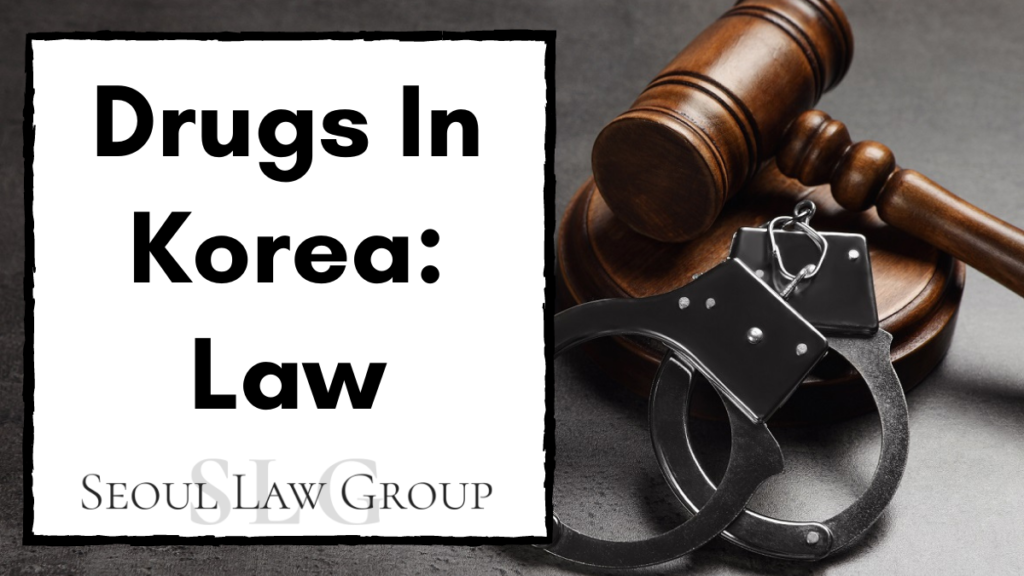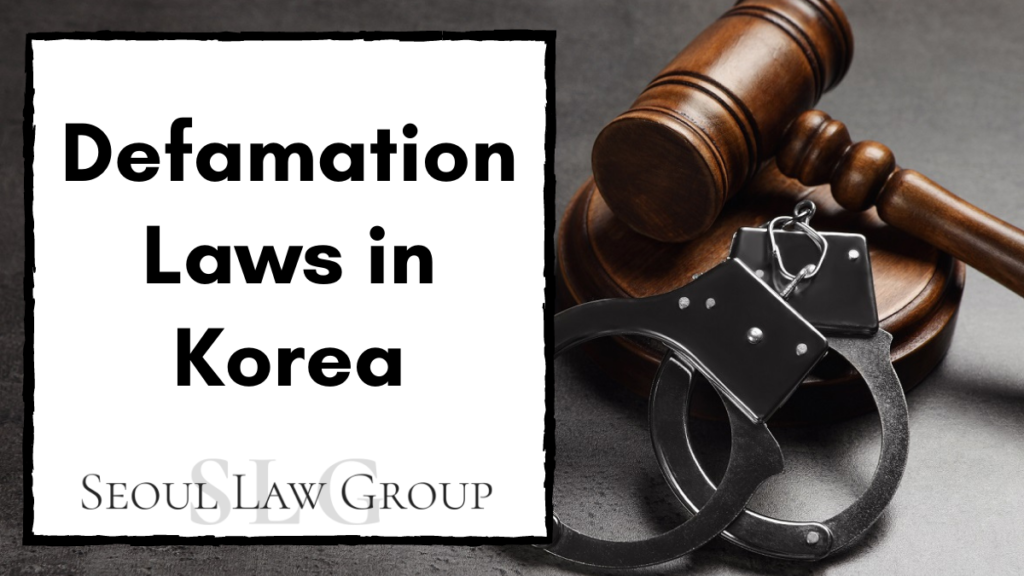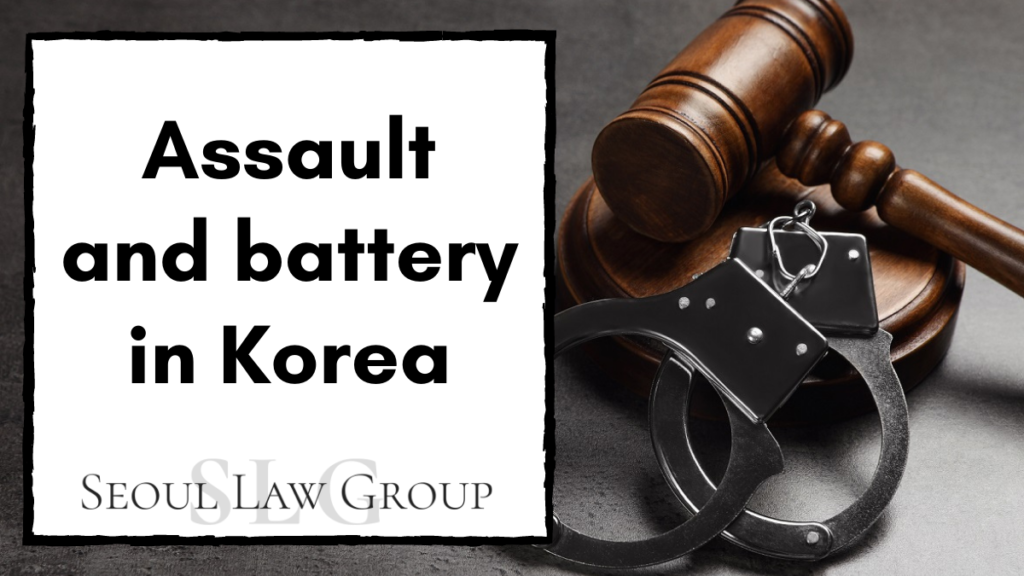“A passion for justice, the experience for win.”
Aaron Hwang is a specialized criminal defence attorney certified by Korean Bar Association. In SLG, you can meet the lawyers fluent in both English and law, the lawyers who understand what it is like for a foreigner being accused as a criminal. Our lawyers are ready to help you facing various types of charges and achieve the most preferable outcome, not only for the case itself, but also for your visa.

Assault
Violent offenses refer to several charges that arise from allegations of violence or a threat of violence, which includes an act of inflicting bodily harm or unwanted physical contact upon a person. Common examples of a violent offense are Assault, Battery, or Threat.

Defamation
Defamation is usually interpreted as the “spreading a false statement about someone to harm their reputation” in other countries, but not in Korea. Spreading a true statement about someone to harm their reputation is also considered as “defamation” unless it is solely for the public interest. So be careful about talking behind someone’s back, even if you are telling the truth!

Domestic Violence
Domestic Violence is an offence committed by someone who has a close relation with the victim, such as physical abuse or sexual harassment within family members. It can also be committed by current or former partners, and sometimes involves children or the elderly.

Drug-related crimes
Korea has a very strict regulation against drug-related crimes, even for the drugs which are legalized in some other countries, such as marijuana. If you possessed, manufactured, or distributed drugs, it is highly possible that you would be sentenced to jail, without a good lawyer to represent you.

Drunk driving (DUI)
Driving under the influence (DUI) is the crime of driving, operating, or being in control of a vehicle while impaired by alcohol or other drugs, to a level that renders the driver incapable of operating a motor vehicle safely. Korea used to be tolerant toward drunk driving a few decades ago, but both the law and public awareness have gotten stricter and stricter over the years.

Embezzlement
Embezzlement is a financial fraud committed by breaching trust. A common example of embezzlement is when someone misuses a company asset for personal interest. It can be punished by imprisonment for not more than 5 years or by a fine not exceeding 15 million won in Korea, unless you embezzled more than 5 billion won. The sentence gets multiplied if you embezzled more than that.

Fraud (Voice Phishing, etc.)
Fraud is a crime committed by deceiving a person to get illegal profits or to have others to get it. Since the fraud cases usually involve ledgers, accounts, and tons of documents, it is required to have broad knowledge and experience about the matter to handle the case, which can be provided by SLG.

Juvenile crimes
Juvenile crime refers to the act of participating in unlawful behavior as a minor. In Korea, children who are between fourteen to eighteen years old can be punished by either the same criminal litigation system or a different procedure by the Juvenile Department. Depending on what criminal procedure applies to the case, the penalty may result in a criminal record or not.

Sexual offenses
Sex crime refers to a number of offenses including sexual interference, exploitation, prostitution, and most commonly sexual assault. Most sexual offenses in Korea can result in a severe punishment depending on the nature of the charges, the age of the complainant, position of authority, and prior criminal history.

White-collar Crime
White-collar crime (also known as corporate crime) refers to a financially motivated, nonviolent crime committed by businesses and government professionals. Korean law regulates certain types of business that are illegal, which sometimes causes the international residents to be found guilty without knowing the business is illegal in Korea.



